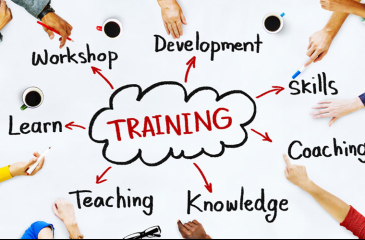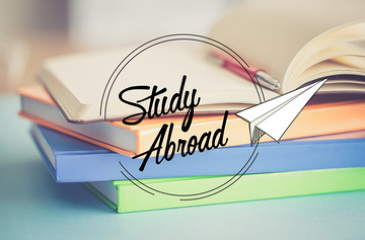



Our Services

outsourcing
We specializes in business process mapping & re-engineering, business set-up and advice, and back office support services and many more

Education
We provide promotion, Marketing and support services to international Education Providers including Agent Management and student pre-screening

training
We provide training and capacity building. We design training contents, assessment and deliver training and manage workshops as per your needs

Study Abroad
We provide study abroad options, planning and career counselling to students wishing to study from Australia, UK, USA, Russia, Italy and other countries
- Proudly Powered by WordPress
Theme by Grace Themes
